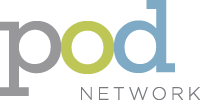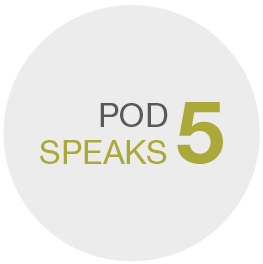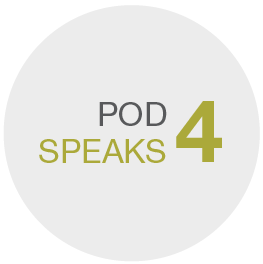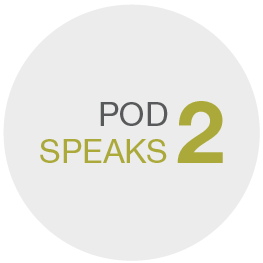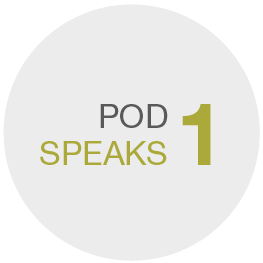What do you wish your provost knew about how they can support educational development on your campus? The answer to that question could become a POD Speaks paper.
These are evidence-based white papers, no more than 1500 words long, directed to a general higher education audience: administrators, faculty, and other stakeholders. (The primary audience is not fellow educational developers). The papers should advocate on behalf of educational development to campus stakeholders and should be grounded in recent research in the topic area. The papers are peer reviewed, and topics should align with and promote the POD Network’s mission and values.
We invite POD Network members to submit proposals on a rolling basis for POD Speaks papers. We are especially interested in receiving proposals from POD members who identify as Black, Indigenous, Latinx, Asian, and/or as a member of other groups that are minoritized in higher education, including LGBTQIA+ colleagues and colleagues with disabilities. Authors are encouraged to propose papers on topics of their choosing. We also offer general topics below to spur ideas for proposal development.
Papers might address the role educational developers, centers, and the field at large play in:
- Institutional and/or departmental policies affecting teaching and learning
- Institutional and/or departmental curriculum and assessment efforts
- Initiatives supporting equity, inclusion, and justice in teaching and learning and/or in faculty work
- Advancing varied forms of scholarship (e.g., scholarship of teaching and learning)
- Using data to support teaching and learning
- Collaborations across different campus units (e.g., student support centers, libraries)
All proposals should contain the following information:
- Primary author’s name, institution, and current position
- Secondary authors’ names, institutions, and current positions (if applicable)
- Title of proposed POD Speaks paper
- Summary of the proposed paper, including a thesis statement. Please omit any information that may identify the author(s) from the proposal summary. Max: 350 words
- Rationale for a) why the topic is important for the general higher education community, and b) how the topic aligns with the POD Network mission, values, and goals. Max: 200 words
- Brief explanation of authors’ expertise in this topic
- Keywords for your proposed paper
- Citations (APA format) of 2–5 resources that inform the proposed paper
Proposals will be evaluated by the POD Speaks editorial board, and authors whose proposals fit the criteria of the series will be invited to submit full manuscripts. Manuscripts will be peer reviewed.
You can use this form to submit proposals for POD Speaks papers. Please feel free to contact us for any questions: [email protected].
POD Speaks Evaluation Criteria
- Does the paper promote the POD Network mission, goals, and values?
- Is the paper directed toward a general higher education audience (i.e., not primarily educational developers)? Will the topic be meaningful to this broader audience?
- Is the paper grounded in current research?
- Does the proposal highlight the work of educational developers, underscoring the value of expertise of the POD Network?
AI disclosure information
Authors should clearly disclose any use of artificial intelligence (AI), including large language models (LLMs) such as ChatGPT and others, in POD Speaks proposals or manuscripts:
-
For proposals, please do so in response to the relevant question in the proposal submission form;
-
For papers, please follow these POD Speaks AI Disclosure guidelines.
The disclosure should specify the type of AI used and its purpose.
No AI may be a listed author, nor should they be cited as references (attribution of authorship carries with it accountability for the work, and AI tools cannot take such responsibility).
